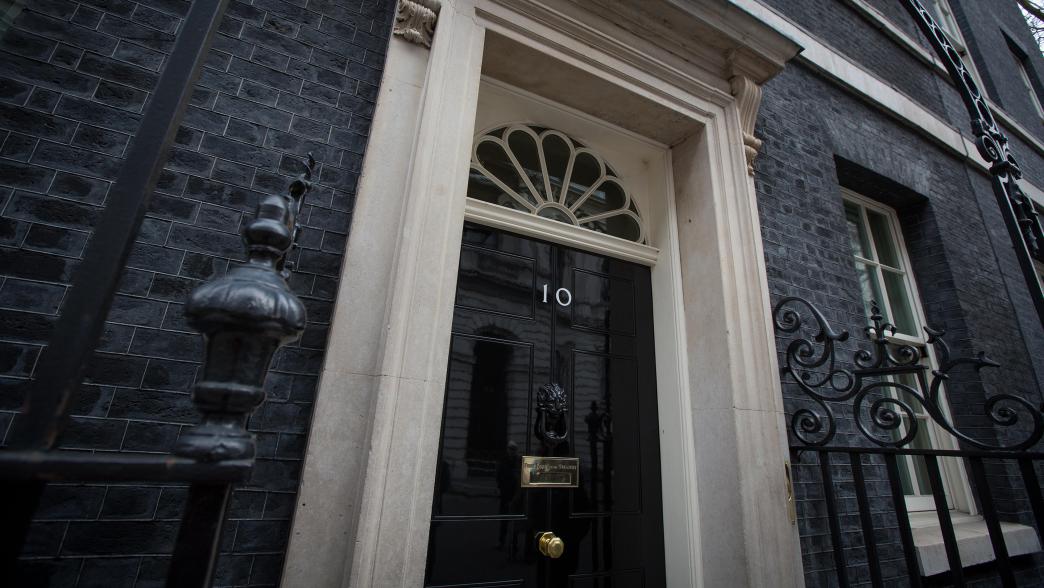Whitehall Monitor 2024: Conclusion
The key lessons to take from Whitehall Monitor 2024.

UK politics in 2024 will be dominated by a general election. In this context the civil service must prove itself to current and potential future ministers. To the former, it must show that it can focus on delivering this government’s priorities right up to the end of the parliament, even as attention moves to what might come next. With shadow ministers, the civil service must build confidence that it will be able to pivot and deliver their priorities effectively, should there be a change of government.
So the election year will test the civil service in several ways. First, it will need to support useful access talks with the opposition, once they begin, and will need to gear up to provide for a smooth transition – again, in the event of a change of government. This is a significant responsibility, albeit one that will only affect the work of a tiny minority of the half a million civil servants around the UK, and one that the civil service has a long track record of discharging successfully.
The more difficult test will come in the weeks and months after the election, when the civil service must show its mettle to new ministers. For it to be able to deliver that – and any future – government’s priorities and tackle the intractable policy problems facing the UK, civil service leaders and ministers will need to address the institution’s own deep-rooted problems. Top of the list should be the issues, analysed in this report, with how the civil service workforce is managed; how the institution is led and governed; its approach to making policy; its digital expertise; and its role in making the UK a resilient state prepared for future crises.
This time next year, therefore, we will be able to judge whether the civil service has had a successful 2024 by answering four questions. First, and foremost, has the civil service done everything in its power to support the ministers throughout the final year of this parliament? Second, has it navigated the immediate pressures it faces with regards to workforce morale, possible industrial action over the pay settlement, and difficult forecast administration budgeting? Third, has it supported a smooth general election in each aspect of its responsibilities? And fourth, after an election, can it provide the government with an honest assessment of the longer term Whitehall reforms required – and how could it go about delivering them?
Those questions are for then. For now, the civil service must retain focus on the task at hand, working towards their departments’, and ministers’, priorities as effectively as it can. We hope the analysis and recommendations in this report can help in that aim.
- Data document
- Whitehall Monitor 2024 data for publication (VND.OPENXMLFORMATS-OFFICEDOCUMENT.SPREADSHEETML.SHEET, 12.48 MB)
- Keywords
- Civil servants Civil service reform Machinery of government Diversity and inclusion Public sector Public spending Arm's-length bodies Infrastructure
- Political party
- Conservative
- Administration
- Sunak government
- Department
- Cabinet Office Number 10
- Public figures
- Rishi Sunak Oliver Dowden Simon Case
- Tracker
- Whitehall Monitor
- Publisher
- Institute for Government